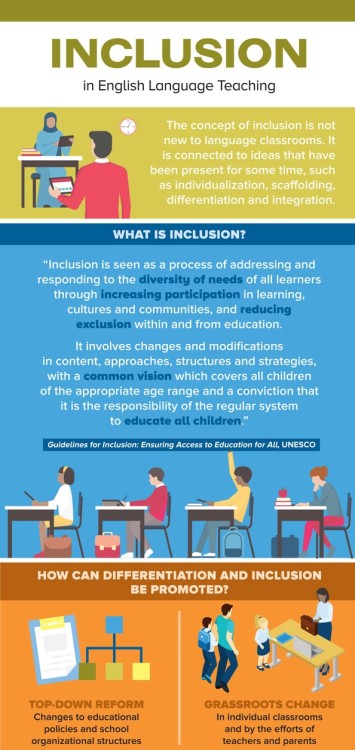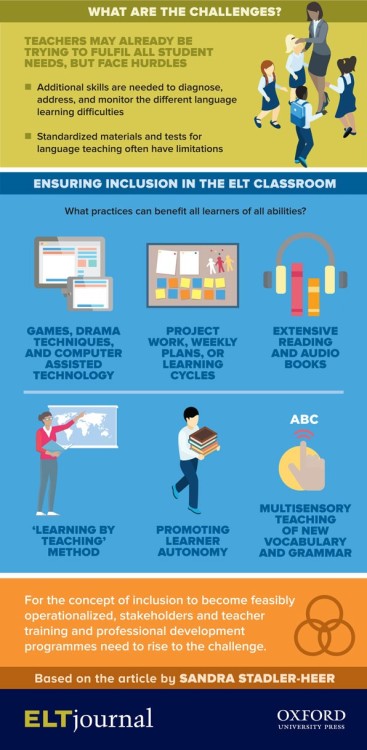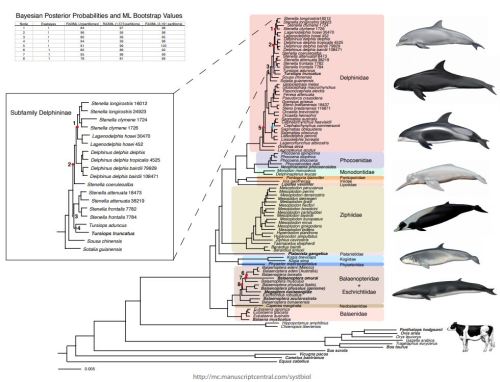#oxford journals
Is action on climate change the only sure way to preserve the world’s coral reefs?
The majority of coral reefs around the world are not only threatened by global warming. Agriculture effluents such as pesticides, overfishing, untreated sewage, and siltation due to deforestation all contribute to the serious degradation of coral reefs such as the Great Barrier Reef of Australia.
The latest Food for Thought articlefromICES Journal of Marine Science explores building up resilience and adaption of social-ecological systems of coral reefs, by drastically reducing local stressors.
Post link
‘Inclusion’ in the classroom involves all students’ needs, however diverse, being understood and met. These diverse needs should be addressed and responded to through increasing participation in learning, cultures and communities, and reducing exclusion within and from education. In English Language Teaching there has been a focus on the importance of promoting differentiation within educational policies and school organizational structures. However, in the classroom, although teachers may already be trying to fulfill all student needs, they still face challenges in being able to achieve this entirely.
The article ‘Inclusion’ by Sandra Stadler-Heer is free to read online.
Post link
Phylogenomic Resolution of the Cetacean Tree of Life Using Target Sequence Capture
Cetaceans (whales, dolphins, and porpoises) have undergone the most dramatic morphological transformation of all mammals, having originated from a clade of terrestrial even-toed ungulates (like cattle, hippopotamuses, pigs, and more) over fifty million years ago. As a result of such an interesting and diverse evolutionary history, cetaceans have long been important and insightful subjects of numerous studies.
Until recently, the higher-level relationships between the cetacean families have taken precedence in research, leaving the systematics and lower-level relationships both under-explored and unresolved.
New research from Systematic Biologysought to rectify this gap in knowledge by combining data from >38,000 exons with existing sequences from 11 cetaceans and seven outgroup taxa, producing the first comprehensive comparative genomic dataset for cetaceans.
Enrich your knowledge further by exploring a more holistic insight of the genetic intricacies within cetacean families and discover new clarifications of the contentious relationships among particular species.
Post link




